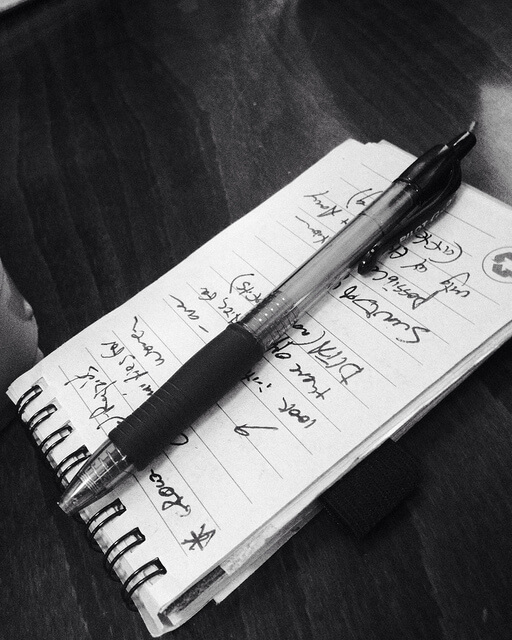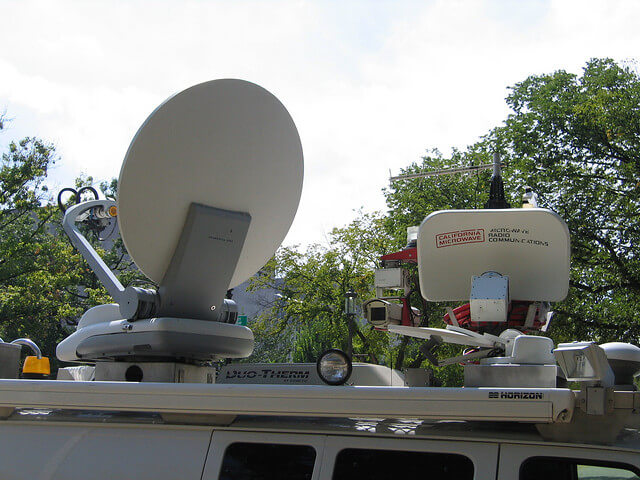Private Investigator Surveillance Equipment
At its most basic level, private investigator surveillance equipment is just the same as the police surveillance equipment, there are a few differences however. First of all, newer and part time private investigators may be on a limited budget and unable to afford all the fancy cameras that the cops have. If you’re just starting out as a surveillance private investigator, you might just have a basic camera and nothing else to work with.
This is actually okay for some of the more basic kinds of investigations that new private investigators take on. Marital infidelity investigations are a good example of this. You don’t need an informant wearing a wire to prove that your client’s husband or wife is stepping out on them, usually a few pictures will do the trick. Furthermore, the kinds of people you’re investigating usually won’t usually be as wary and dangerous as the people the cops need to watch. While a cheating spouse might be careful about covering their tracks, they’ll still be much easier to follow than career criminals who’ve spent their lives on the lookout for cops, so you can make do without all the expensive, top of the line private investigator surveillance equipment.
On the other hand, a big detective agency might have an even larger budget than most police departments. Unlike their novice counterparts they’ll be fully decked out with all the best and newest gear, their cameras and microphones will be smaller and their lenses will zoom in even further!
Private Investigator Surveillance Techniques
Like private investigator surveillance equipment, private investigator surveillance techniques are similar to the ones the police use. In fact many private investigators have law enforcement backgrounds, so sometimes they really will be using the exact same skills they learned on the police force.
There are some key differences however. For starters, because private investigators aren’t police, they can’t get warrants. Among other things, this means that they can’t wiretap a phone, or a install a surveillance device in the target’s computer. Those differences aside, here are a few great tricks that both cops and surveillance private investigators can use:
- Look for dew on cars in the morning. If the vehicle of interest doesn’t have dew on it, but the ones nearby do, the car may have been moved overnight.
- You can often determine how many families live in a residence by counting the number of electric meters.
- Stay right behind a vehicle you’re tailing when you’re in high traffic areas like cities. Keep a car in between you when they traffic is slower. The heavy traffic and stop lights of city driving make it easy to lose sight of a vehicle.
- Always take detailed notes. Dates, times, places, licence numbers, the content of conversations, anything relevant even if it’s not something you think you’ll need to know. This information will come in handy when you’re writing up a report for your client later on, or if you’re called on to testify in court.
- Finally, keep a roll or toilet paper in your surveillance vehicle. This sounds gross but it’s an important one! Stake outs can last for hours on end and it’ll all be for nothing if you’re not watching at the right moment. Sometimes there aren’t any businesses nearby to do your business at, or you can’t leave your vehicle without being spotted. It’s better to be prepared when nature calls.
This is just a sample of a few private investigator surveillance techniques. Veteran detectives learn their trade the hard way, through years and years of experience, so every investigator has their own special toolbox of tricks and techniques that work best for them.





